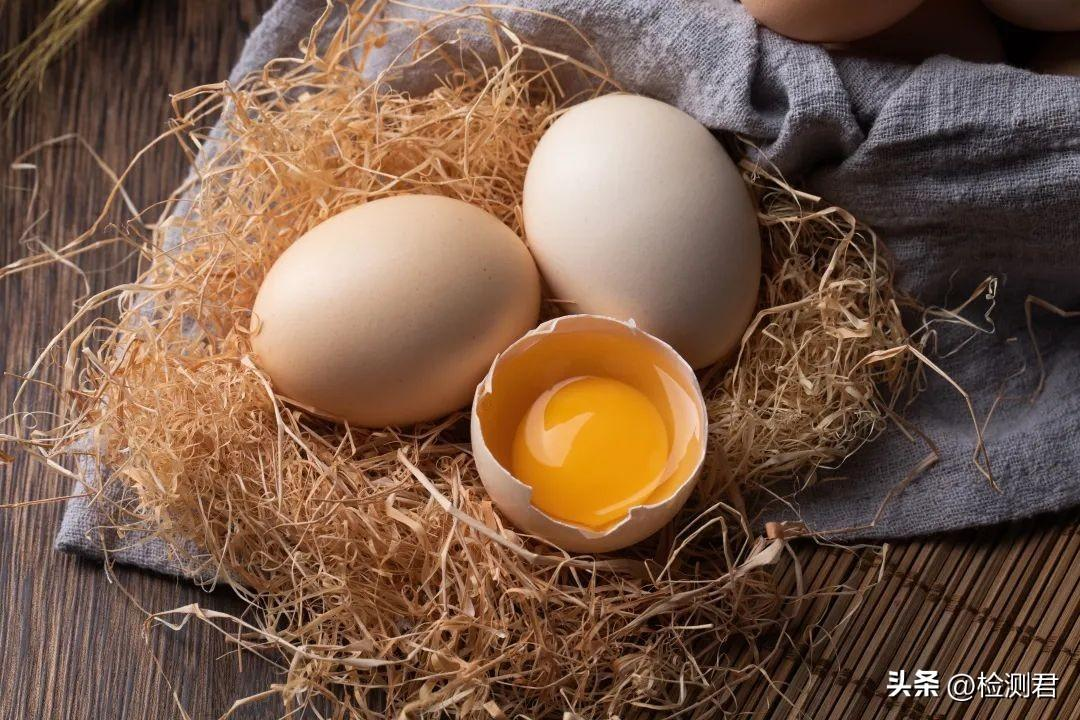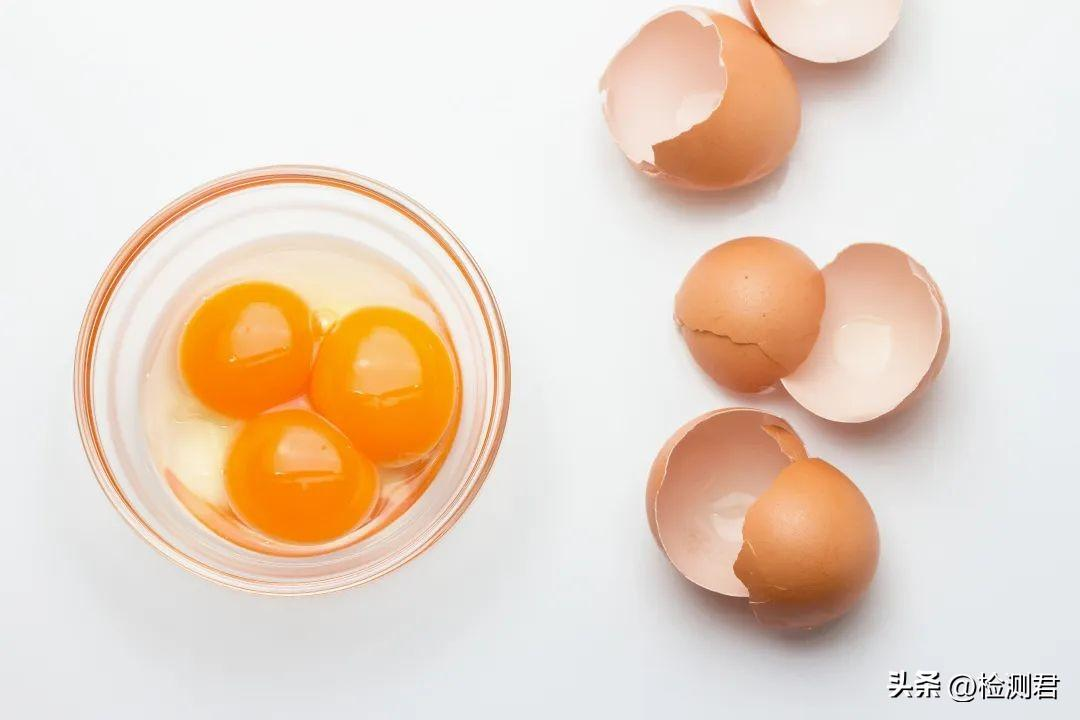Can you believe that eggs contain antibiotics?

Many people are curious, don’t eggs have shells? How can it be contaminated by antibiotics?

Answer
In fact, the antibiotics in eggs mainly come from the veterinary drugs and feed ingested by chickens. Like people, chickens can also get sick, and when they get sick, they need injections and medicines. Especially in modern high-density farming, laying hens are prone to diseases, such as: coccidiosis, parasitic diseases, and other digestive tract diseases. It is too troublesome to inject each chicken, so the farm will directly add antibiotics to the chicken feed, on the one hand to prevent diseases, and on the other hand to promote the growth of laying hens. Antibiotics enter the chicken body, and those that are not metabolized will be deposited in chicken and eggs for a long time.
What happens if you eat eggs with antibiotics?

Answer
Will reduce immunity. If people eat eggs containing antibiotics, the antibiotics will remain in the human body through the food chain, which may cause health hazards such as allergic reactions, chronic toxicity, and damage the balance of gastrointestinal flora. Over time, antibiotics will destroy the body’s immunity. Everyone should know how important the human body’s immunity is in the current epidemic~
Therefore, anti-resistant eggs came into being.

What are Antibiotic Free Eggs? How is it different from regular eggs?

Answer
Antibiotic-free eggs, as the name suggests, are eggs that do not contain antibiotics. The main concept is safety and health.
Antibiotic-free eggs compared to regular eggs:
Production management is stricter

Treatment: In order to make chickens produce eggs without antibiotics, manufacturers generally use probiotics, enzyme preparations, Chinese herbal medicines, etc. instead of antibiotics to treat chickens. Diet: Antibiotics cannot be added to the feed of laying hens that produce non-resistant eggs. So some farms will use organic feed to feed. In terms of safety supervision: The manufacturer will regularly monitor the soil and drinking water where the chickens live for antibiotics. Every step of egg collection is sanitized. During the factory inspection, an additional antibiotic test will also be done.
Safer, healthier and more nutritious

In addition to not containing antibiotics, the shell strength of non-antibiotic eggs is also higher than that of ordinary eggs. So it is not easy to be damaged and polluted. Safety and health are more guaranteed. Plus, antibiotic-free eggs are also higher in nutrients. According to data, the protein content in egg whites and egg whites without anti-antibiotics has increased, while the cholesterol content has decreased significantly. It can be said to be “taking the essence and discarding the dross”. Moreover, antibiotic-free eggs are more shelf-stable than ordinary eggs. Antibiotic-free eggs will be fresher for the same storage time.
sell more expensive

Taking the price of supermarkets as an example, the unit price of antibiotic-free eggs is generally around 3 yuan per egg, which is 2 to 3 times that of ordinary eggs. Because the production cost is inherently high, it is understandable that it is expensive. What we want to avoid is to buy fake products, or else we will pay “IQ tax”.
How to avoid buying fake antibiotic-free eggs?
look at the packaging
See if there is a certification mark on the package, and scan the QR code to see the traceability of the eggs.
Confirm the following information with the manufacturer
Is it produced in accordance with the antibiotic-free standard, is there a picture of the production site, production date, food distribution license, sampling inspection report, etc.
look at the price
The production cost of antibiotic-free eggs is high, so it is also expensive to sell. Too cheap will definitely run the risk of buying fakes.

Are Antibiotic-Free Eggs Worth Buying?
From the perspective of nutritional value and safety and hygiene, antibiotic-free eggs are definitely worth buying. But we must remember to distinguish between true and false!

Post time: Dec-12-2022





